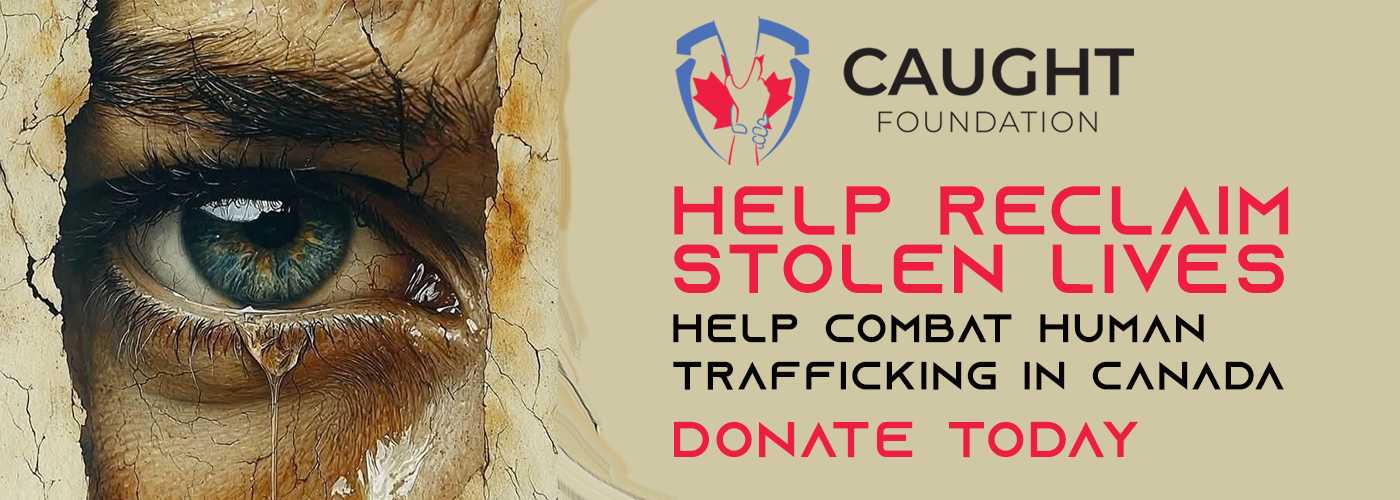
In a landmark decision, the Ontario Court of Appeal ruled in favour of former MPP Randy Hillier, declaring Ontario’s 2021 COVID-19 lockdown regulations unconstitutional for violating the Canadian Charter of Rights and Freedoms’ Section 2(c) right to peaceful assembly.
Hillier challenged the province’s Stay-at-Home Order, effective April 8, 2021, which banned outdoor gatherings, including protests, deeming them non-essential, while permitting activities like grocery shopping. He attended protests in Kemptville (April 8) and Cornwall (May 1), speaking against lockdown harms and Charter violations, and faced charges under the Reopening Ontario Act, with potential fines up to $100,000 and a year in jail.
Hillier’s initial challenge was dismissed by Superior Court Justice Joseph Callaghan in November 2023, who upheld the regulations as justified to curb COVID-19, ignoring evidence of lockdown harms from experts like Dr. Kevin Bardosh.
Hillier appealed, with the support of the Justice Centre for Constitutional Freedoms (JCCF), arguing the ban was not minimally impairing of Charter rights, therefore failing the Oakes test. On April 7, 2025, Justices Lauwers, Zarnett, and Pomerance unanimously overturned the ruling, finding the absolute ban on outdoor protests unjustified.
The court noted Ontario allowed up to 10 people for weddings or religious services but prohibited even two-person protests, with no evidence that protests increased COVID-19 risk. The ruling emphasized that peaceful assembly is vital for democracy, and virtual gatherings cannot replace in-person protests.
This victory sets a precedent against blanket bans on political expression. Hillier, who faced multiple charges across Ontario (some stayed or dropped), has 10 days to propose remedies. The decision critiques the government’s failure to balance public health with Charter rights, highlighting lockdown harms like mental health deterioration and economic losses, as evidenced by expert reports.
This ruling has profound implications for the Charter. It reinforces that governments must provide robust evidence when restricting fundamental freedoms, ensuring limits are proportionate and narrowly tailored.
The decision sets a precedent against blanket bans on political expression, safeguarding Section 2 rights during crises, underscoring the judiciary’s role in protecting Charter guarantees against overreach, even in public health emergencies.
Hillier’s case highlights the need to balance public safety with democratic freedoms, affirming that Charter rights cannot be summarily dismissed. With remedies pending, this ruling strengthens protections for peaceful assembly, ensuring Canadians can exercise their rights to protest and dissent without undue restriction.
This decision mirrors what has been our position throughout – these lockdowns and restrictions have never been justified under the Oakes Test.
We applaud Randy Hillier and the JCCF for their excellent work and tenacity and thank them for bringing this important win to all Canadians.
To read the decision, click here





